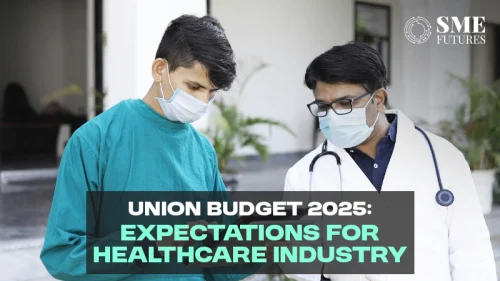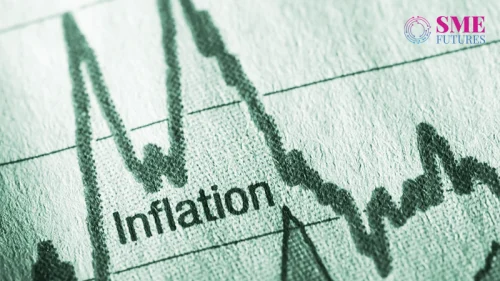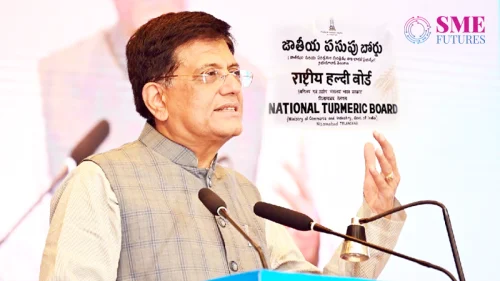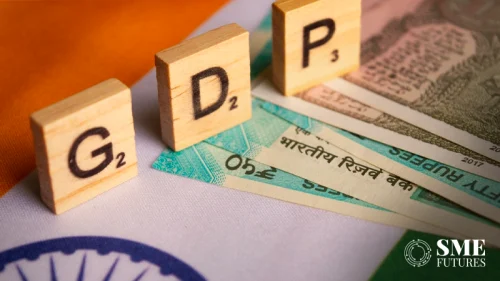Oil price is continuing its march towards $100 a barrel for the first time in almost a year, creating new inflationary headaches for central bankers, a media report said.
Brent crude, the international benchmark, pushed over US$ 95 per barrel on Tuesday, the highest since November 2022, as per the report. Oil is being driven up by concerns of a supply deficit, following recent output cuts by Saudi Arabia and Russia.
Brent crude began 2022 below US$ 80 per barrel, before soaring to around US$ 130/barrel after Russia invaded Ukraine last February — fuelling the surge in inflation last year.
Higher oil prices risk making inflation more persistent, just at a time when central bankers are inching towards ending their cycle of rising interest rates. The US Federal Reserve may leave borrowing costs on hold on Wednesday, though the Bank of England may vote to hike again on Thursday.
Bjarne Schieldrop, chief commodity analyst at SEB, predicts that oil demand will weaken should prices continue to rise over US$ 100/barrel. Schieldrop said, “The overall situation is that Saudi Arabia and Russia are in solid control of the oil market. The global market is either balanced or in deficit and both crude and product stocks are still low. “Thus, we have a tight market both in terms of supplies and inventories, so there should be limited downside in oil prices.
Also, with rising crude oil prices in the international market pushing up the demand for dollars, the Indian rupee has slumped to a record low of 83.2675 vis-à-vis the U.S. dollar.
Although the RBI has been releasing dollars in the market to prop up the rupee this has not been able to stem the slide of the Indian currency as the country imports around 85 per cent of its crude oil requirement for which immediate payments have to be made in dollars.
“The RBI will be there to defend the rupee with its ample stock of foreign exchange reserves and ensure that overall volatility is contained, but it cannot go beyond a point,” said a foreign exchange expert of a private sector bank.











